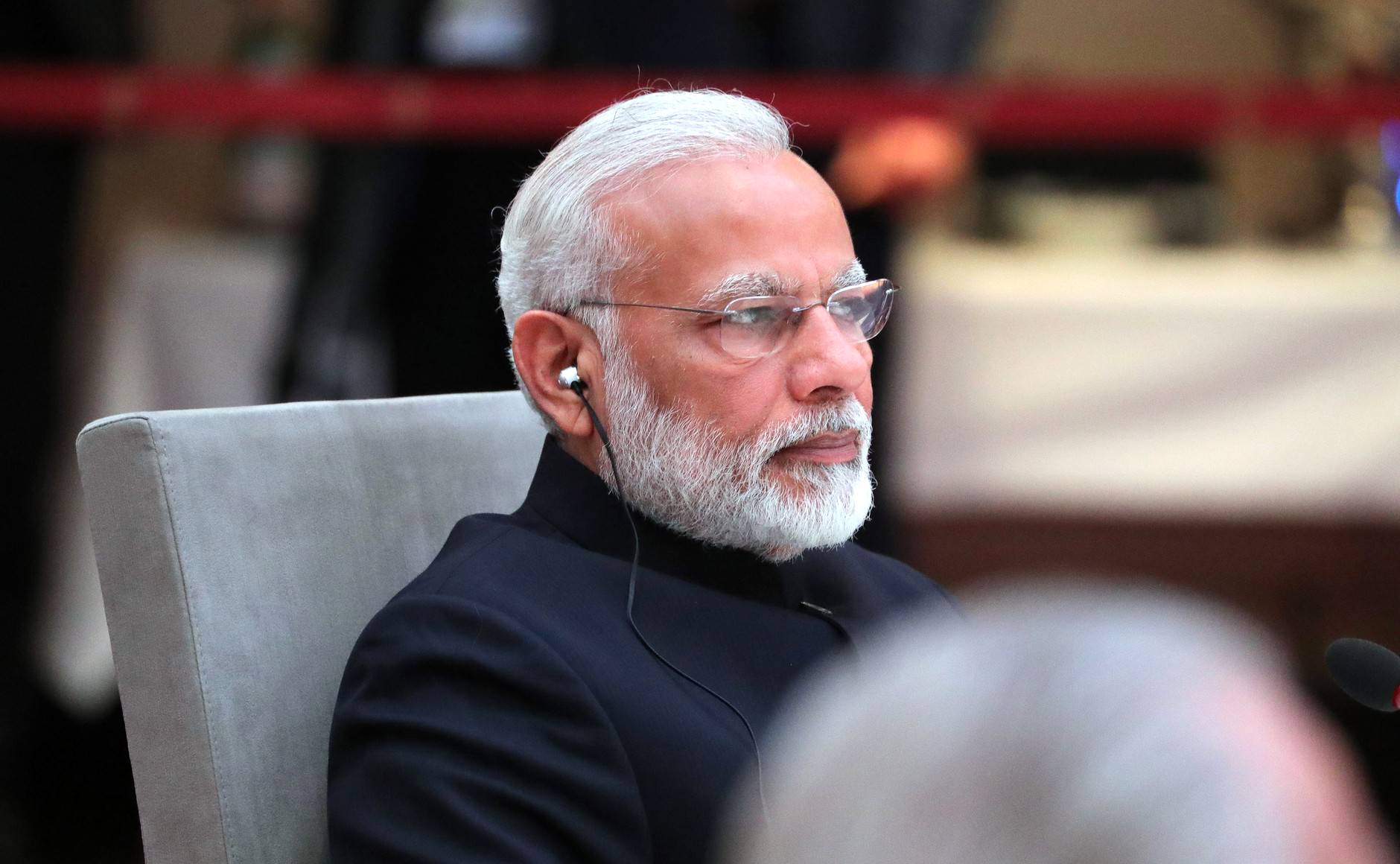In the midst of the political turmoil in Bangladesh, Faiz Ahmed Tayyab, the special assistant to Mohammed Yunus, has shared an important update. Tayyab clarified that Yunus is not resigning from his position as the head of the interim government.

Will Bangladesh Change Government Again? Muhammad Yunus’ aide denies resignation rumors.
Dhaka: In a significant development within Bangladesh’s turbulent political scene, Faiz Ahmed Tayyab, the special assistant to interim government head Muhammad Yunus, announced that Yunus has no intention of stepping down. This announcement came on Friday, addressing a wave of rumors and speculations that had been circulating in political circles across the country. Tayyab firmly stated that despite the ongoing political tensions, Professor Muhammad Yunus would remain in his current position, highlighting his dedication to ensuring a peaceful and democratic transition in the nation.
Tayyab’s statement was an effort to counter the growing narrative suggesting that Yunus was preparing to resign. Reports had recently emerged that the interim government leader was unhappy with a perceived lack of support and had been considering leaving his post. Such claims have been swirling around in Bangladesh’s political corridors, fueled by the complex and often tense dynamics between the country’s political parties and its military.
Professor Yunus assumed the role of interim government chief in August last year following the departure of Sheikh Hasina from power. His appointment was seen as a stabilizing move, aimed at guiding Bangladesh through a transitional phase and preparing for free and fair elections. However, Yunus has faced challenges along the way, particularly in dealing with the military’s influence and navigating the expectations of various political groups. In the past few months, rumors of friction between Yunus and the armed forces have grown, leading many to believe that he might resign from his post.
On Thursday, Yunus convened a meeting with the Advisory Council and held discussions with several council members. Following this meeting, there were reports suggesting that Yunus had expressed dissatisfaction with the current political climate, especially regarding the lack of widespread cooperation and support. Some reports even hinted that he was on the brink of resignation. However, Faiz Ahmed Tayyab’s remarks have sought to put an end to these speculations.
Tayyab took to social media on Friday to provide further clarification and a sense of assurance. In his post, he emphasized that the Cabinet needed to step up its activities and clearly show the people the progress being made by the interim government. According to him, it was crucial for the administration to demonstrate that it was acting with the people’s consent and working tirelessly to build a more stable and inclusive system. Tayyab noted that Professor Yunus’s leadership had achieved significant milestones, earning the respect and recognition of the international community. Therefore, it was vital to preserve and honor that legacy.

In addition to addressing the concerns around Yunus’s resignation, Tayyab also stressed the importance of political dialogue. He called on the interim government to maintain open and regular communication with all political parties to understand their viewpoints and incorporate their suggestions on key issues. He firmly believed that no political entity or group should be left out of the conversation, as an inclusive approach was essential for long-term peace and stability in Bangladesh.
Regarding the military’s role, Tayyab cautioned against any interference by the armed forces in political matters. At the same time, he highlighted the need to respect the military’s position and maintain open channels of communication to ensure mutual trust and understanding. He warned against making any sudden decisions concerning the military without proper consultation, suggesting that such actions could further destabilize the country’s fragile political balance.
Looking ahead, Tayyab revealed that elections are tentatively expected to be held between April and May of next year, pending the necessary preparations and groundwork. He pointed out that the roadmap for elections spans from December to June and that the authority to finalize the exact election date rests solely with Muhammad Yunus.
Tayyab stressed that this authority was granted to Yunus when he was appointed as the interim government head, and no one has the right to strip him of it. He also recalled how, when Yunus first took up the role, he had declared at the airport itself that his voice must be heard—a principle that, according to Tayyab, remains unwavering even now.
As Bangladesh grapples with this period of political transition, the steadfastness of Muhammad Yunus and his commitment to a democratic future remain key factors. While rumors of his resignation may have created uncertainty, the latest statements by Faiz Ahmed Tayyab make it clear that Yunus intends to see this transitional period through. For many in Bangladesh, this signals a hope for stability, inclusive governance, and ultimately, a return to a democratically elected government that truly represents the will of the people.
Also Read:
- Israel PM Slams UK, France, Canada for Backing Hamas
- Pakistan Plans New Bloc with China, Taliban, and Bangladesh. Is it to counter India?
- Israel-Iran Conflict: Israel’s ‘Operation Rising Lion’ Hits Iran’s Air Defenses
Author

Sahil V
Sahil V. is a passionate contributor at InsightIndia.in, specializing in world geopolitics and job-related updates. With a keen understanding of global affairs and employment trends, he delivers insightful articles that help readers stay informed and make smarter career decisions in a rapidly changing world.















